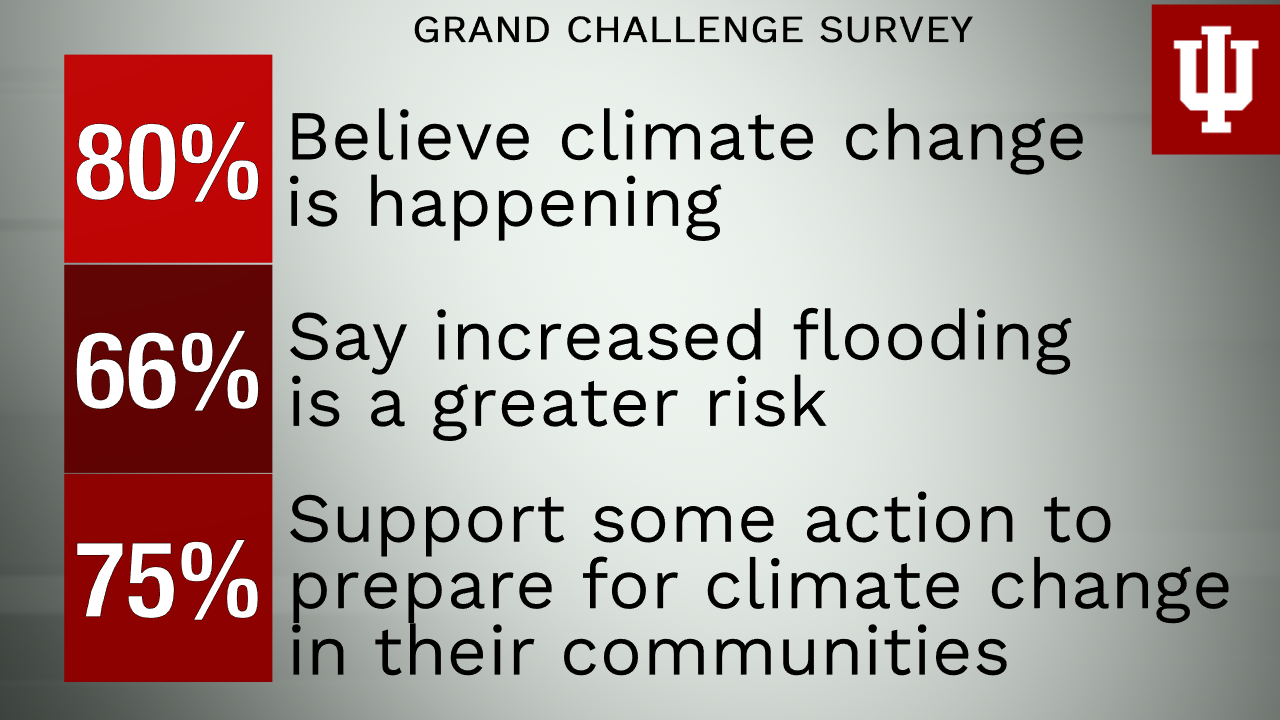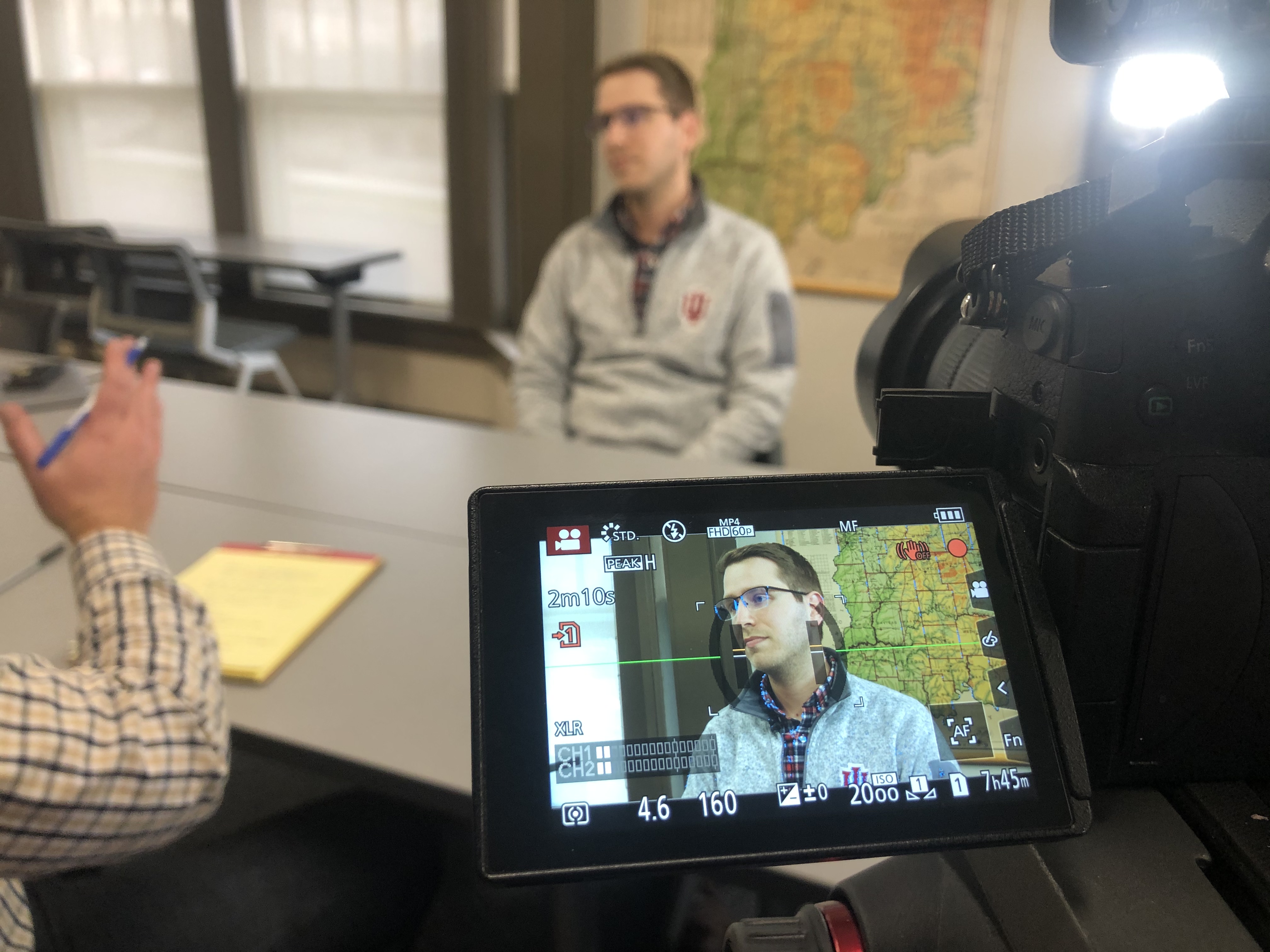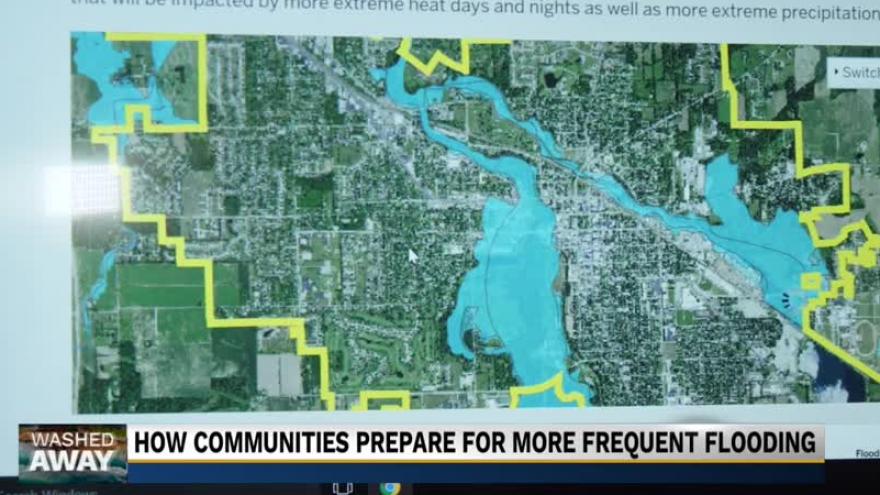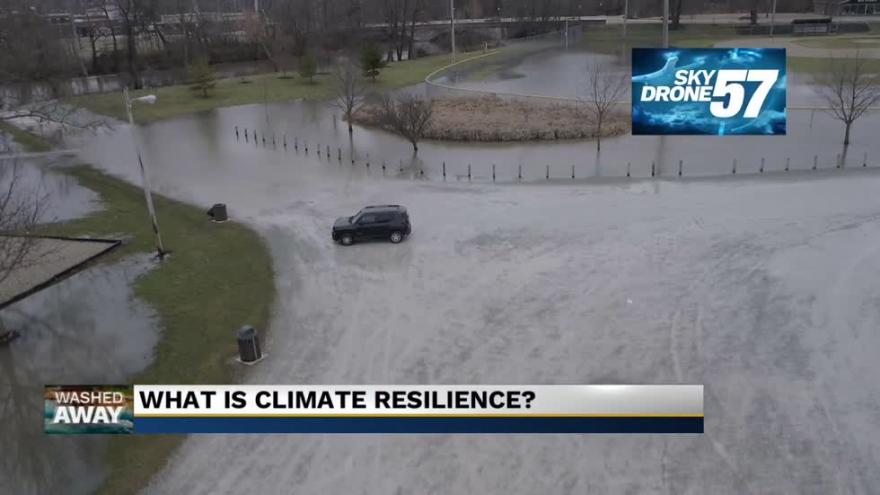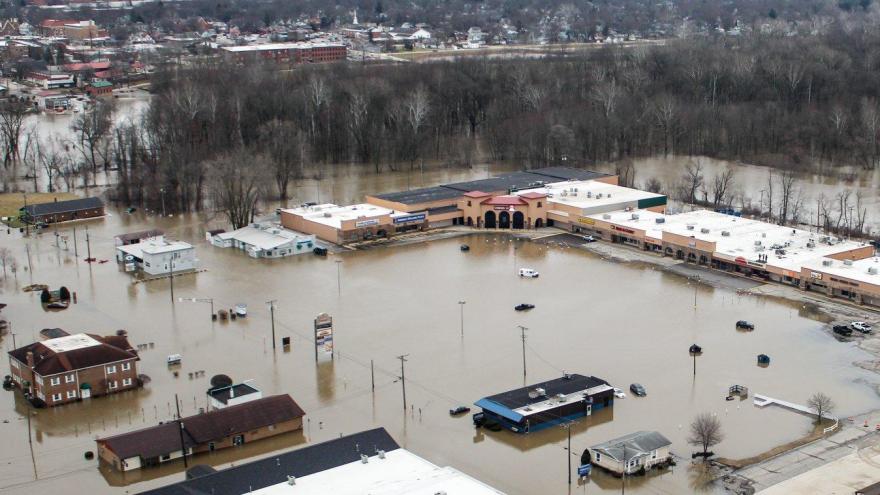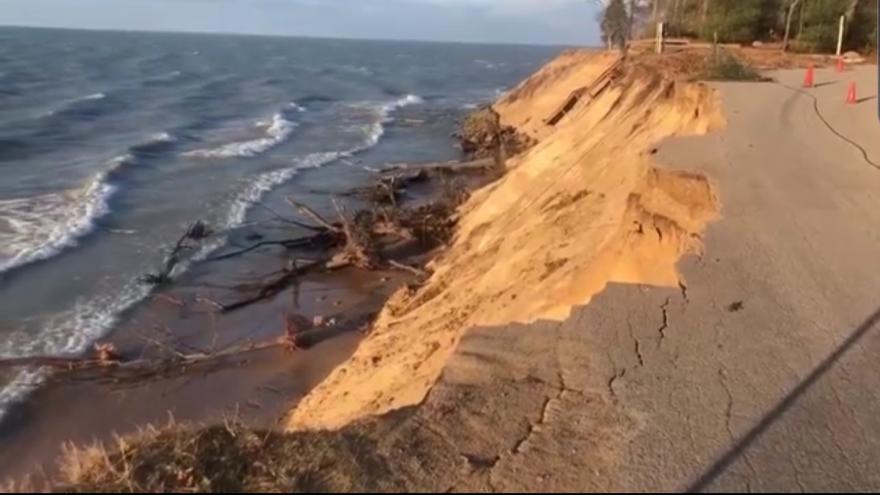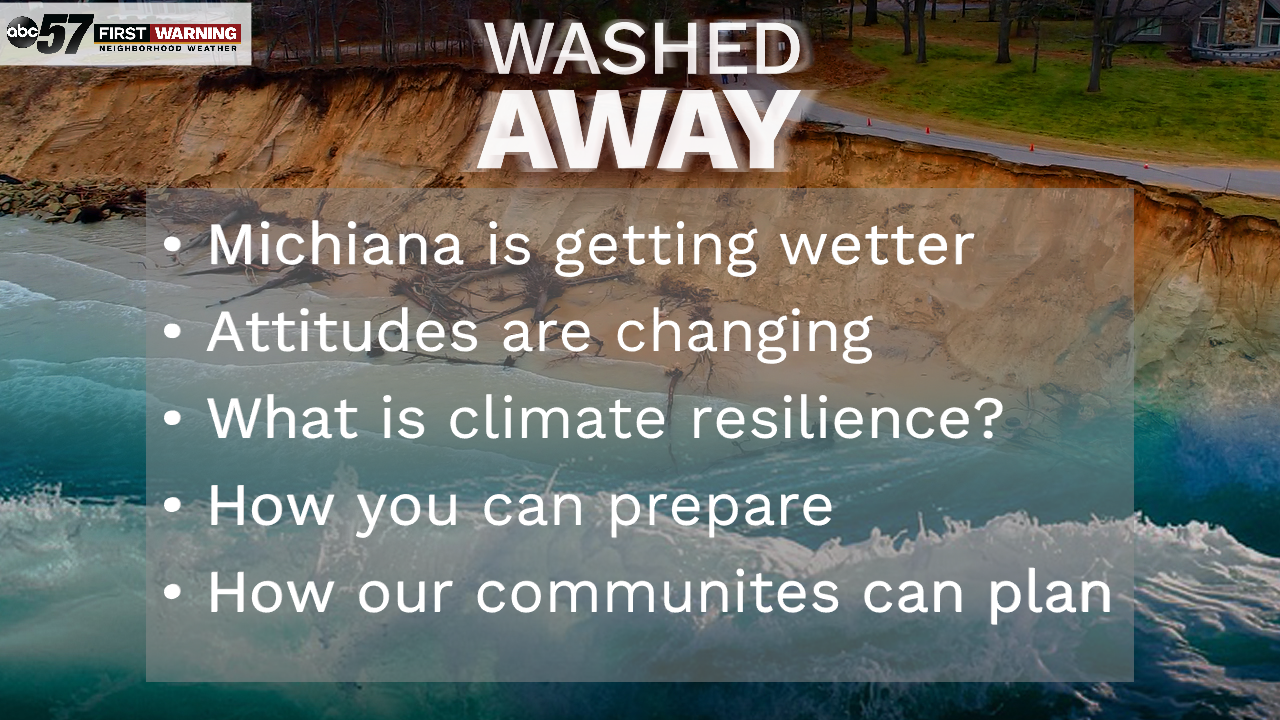Washed Away: How extreme events are changing attitudes on climate
BLOOMINGTON, Ind. -- The more people experience heavy rain, flooding and erosion, the more they believe the climate is changing and that impacts of climate change should be addressed.
A recent study from Indiana University (IU) polled Hoosiers from across the state. The results might be surprising to some.
View summary of key results here.
“In terms of public opinion … We’re seeing growing concern and awareness over time
I think we’re at about 65% of people in Indiana now believe climate change is happening more-so now today than they did five years ago. They feel like they are experiencing increased occurrence of extreme weather, like flooding,” says Matthew Houser, the social research scientist that conducted the study at IU’s Environmental Resilience Institute (ERI).
See Also
“The term we use is implementation science but in other words how do we take
the knowledge that we have at universities, the scientists and get it put into action and what are the barriers to that,” says Houser.
A more in-depth ERI study has just been completed and Houser hopes to publish those results soon.
“It’s widely recognized that addressing climate change will require radical transformation of every aspect of social life. It’s not going to be easy and most solutions as they are implemented are going to be complex and require people to make adjustments that maybe they aren’t happy with,” Houser says.
For example: People may like the idea of green energy but are they okay with wind turbines within a view of their house? Or they may agree with local action on flooding but do they want the city to zone protected floodplain, and change building standards?
“That’s why I think effective policy is so important to begin to pursue. Not only can we better shape those solutions so they’re implemented as efficiently and effectively as possible but we enable people that might be on the fence or want to do something but can’t because of financial barriers or other things that make them complex to implement,” he says.
Our Washed Away series is about pivoting from the problem to start thinking about sustainable solutions















